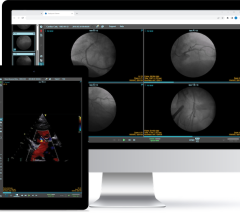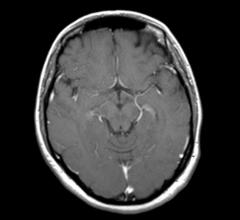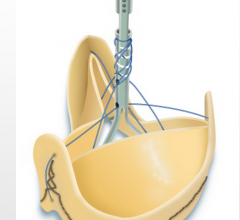Decision Resources Group finds that the United States clot management device market will expand through 2022, particularly in the later years.
August 5, 2014 — A survey, published online in the European Journal of Cardio-Thoracic Surgery, of 13,860 patients who had undergone interventions for aortic valve disease in Germany has revealed that more than 80 percent were in the same or a better state of health one year after the intervention, and was satisfied with the procedural outcome.

August 5, 2014 — GE Healthcare announced the first integrated, simultaneous, time-of-flight (TOF) capable, whole-body Signa PET/MR (positron emission tomography/magnetic resonance) is 510(k) pending at the U.S. Food and Drug Administration (FDA).
Cardiac PET/CT represents a major advancement in cardiovascular diagnostics, offering significant clinical and ...

Did you know that medical data on 20,000 people could be exposed to abuse today? According to the U.S. Department of Health and Human Services (HSS), that is the number of people whose protected health information was breached per day on average in 2013. While healthcare practitioners may not realize the value of the data in their care, criminals certainly do. Clinicians and nurses may feel wary of security measures that might slow them down, but there are ways to improve security that will not cost precious moments in an emergency situation. Being lax with security can have a long-lasting impact on all of your patients, not just those with emergencies.
OSTAR Healthcare Technology, a Washington State-based Medical Device and Healthcare IT company, announced the North American launch of its P Series Cloud Based Telehealth Blood Pressure Monitoring System, powered by 3SI (3 simultaneous interpretations) Interpretive Blood Pressure Monitoring Algorithm.
The launch of several drugs with “extraordinary blockbuster potential” will cause the acute coronary syndrome (ACS) treatment market to more than triple in value, from $12.3 billion in 2013 to $43.4 billion by 2023, according to research and consulting firm GlobalData.
SPONSORED CONTENT — Studycast is a comprehensive imaging workflow system that allows healthcare professionals to work ...
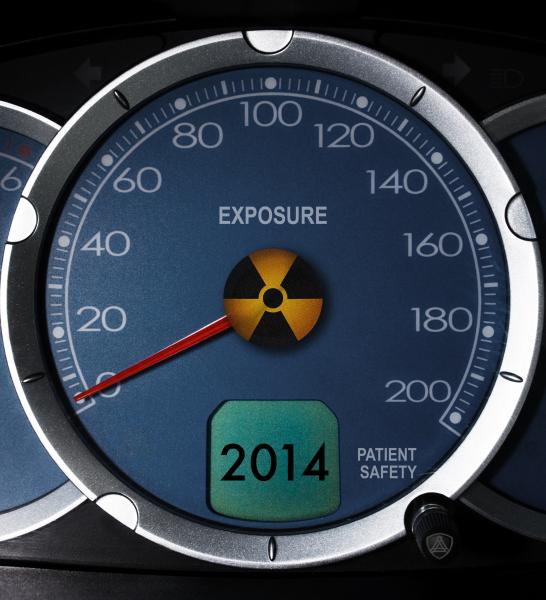
Patient radiation dose safety has become the latest buzzword. With the emerging regulations and mandates, technologies and best practices, the radiation safety information pool has become convoluted with disparate and conflicting information. With numerous opinions and interpretations on radiation safety trends, best practices, regulation updates and studies, healthcare providers as well as the general public are experiencing difficulties filtering the true message in managing patient radiation dose away from the industry noise. Healthcare providers are constantly reviewing and assessing regulations, best imaging processes and the emerging technologies (automated dose management systems and dose management CT devices) promising to decrease or eliminate the chance of another sentinel event.
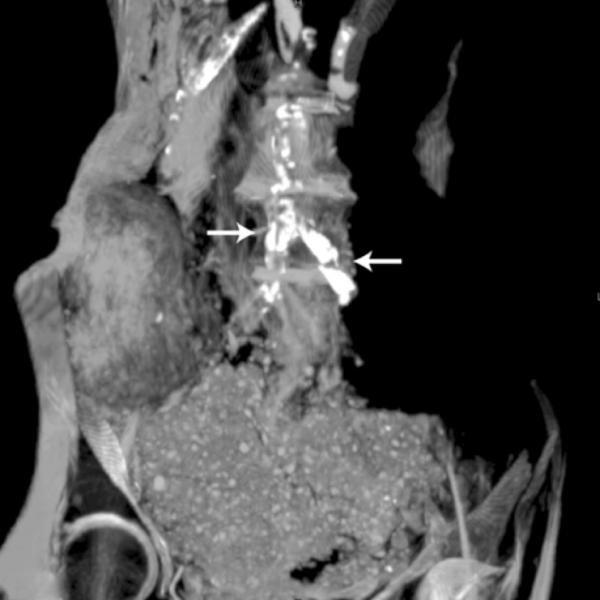
New research published in June issue of Global Heart (the journal of the World Heart Federation) show that there are no significant differences in the incidence or severity of atherosclerotic disease (narrowing of the arteries with fatty deposits) between ancient and modern people, showing that atherosclerosis is not just a disease of modern times. The journal included three articles [1,2,3] on the finding of the HORUS Study, which used CT scans from ancient mummies to compare arterial calcification caused by HORUS atherosclerosis.
August 4, 2014 — Ostar Healthcare Technology, a Washington-based medical device and healthcare IT company, announced the North American launch of its P Series cloud-based telehealth blood pressure monitoring system, powered by the 3SI (3 simultaneous interpretations) interpretive blood pressure monitoring algorithm.
Providing exceptional cardiovascular care for patients to achieve the best possible outcomes is the number one goal for ...
August 4, 2014 — New technology in the form of a magnetically assisted remote-controlled catheter (MARC), which could allow physicians to see and assess brain tissue more clearly while treating a stroke, may hold promise, according to study authors who released their findings at the 11th annual meeting of the Society of NeuroInterventional Surgery (SNIS) in Colorado Springs, Colo.
August 4, 2014 — Medtronic announced preliminary results from the first human implants of the world’s smallest pacemaker, the Micra transcatheter pacing system (TPS). Results from the first four patients to receive the Micra TPS were reported at the Cardiostim-EHRA Europace 2014 World Congress in Nice, France.
For the first time, cardiac surgeons, medical professionals and the public can watch the implantation of the SynCardia temporary Total Artificial Heart in a peer reviewed case report paper and matching video posted on the Journal of Visualized Experiments website.
Cardiac positron emission tomography (PET) is growing in popularity among cardiologists because it provides the ability ...
Sorin Group received U.S. Food and Drug Administration (FDA) approval for the Solo Smart Aortic Pericardial Heart Valve.
August 1, 2014 — Thousands of healthcare providers weighed in to identify this year's top-performing vendor solutions in 23 different medical equipment and infrastructure categories. The "2014 Best in KLAS: Medical Equipment and Infrastructure" report is the culmination of feedback from providers throughout the world.

Researchers at Wayne State University have made a fundamental discovery and, in subsequent collaboration with scientists at La Jolla Institute for Allergy and Immunology (LIAI), are one step closer to the goal of developing the world’s first T-cell peptide-based vaccine for heart disease — the number one killer in the nation.

 August 06, 2014
August 06, 2014


